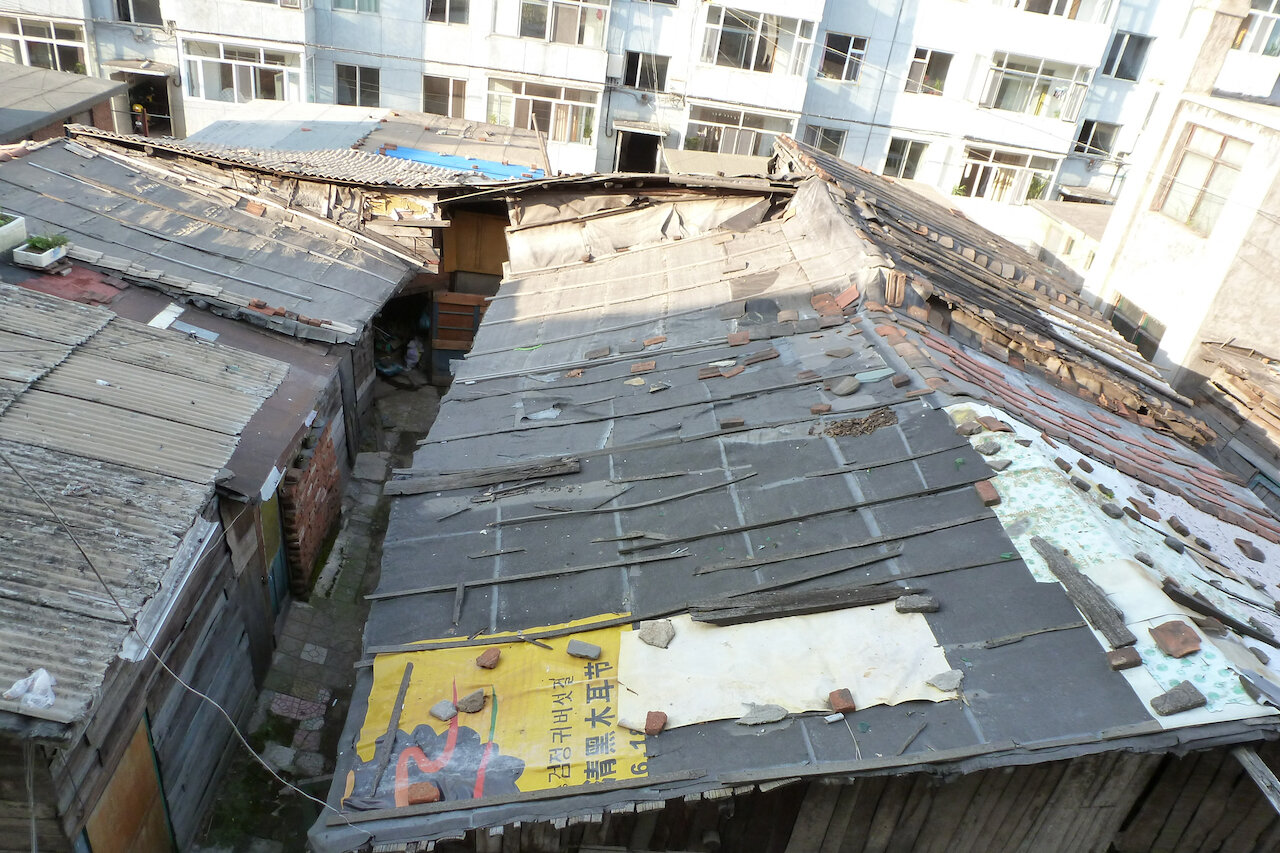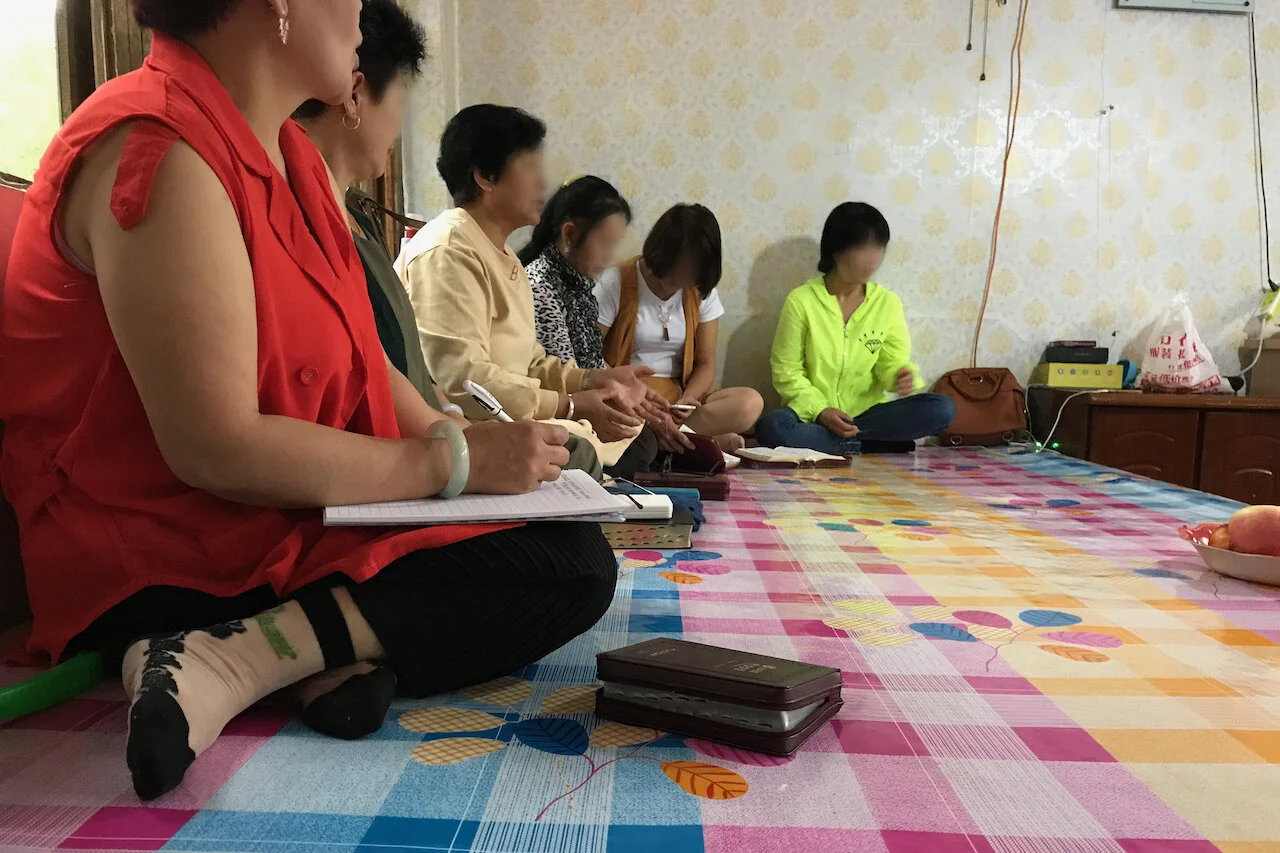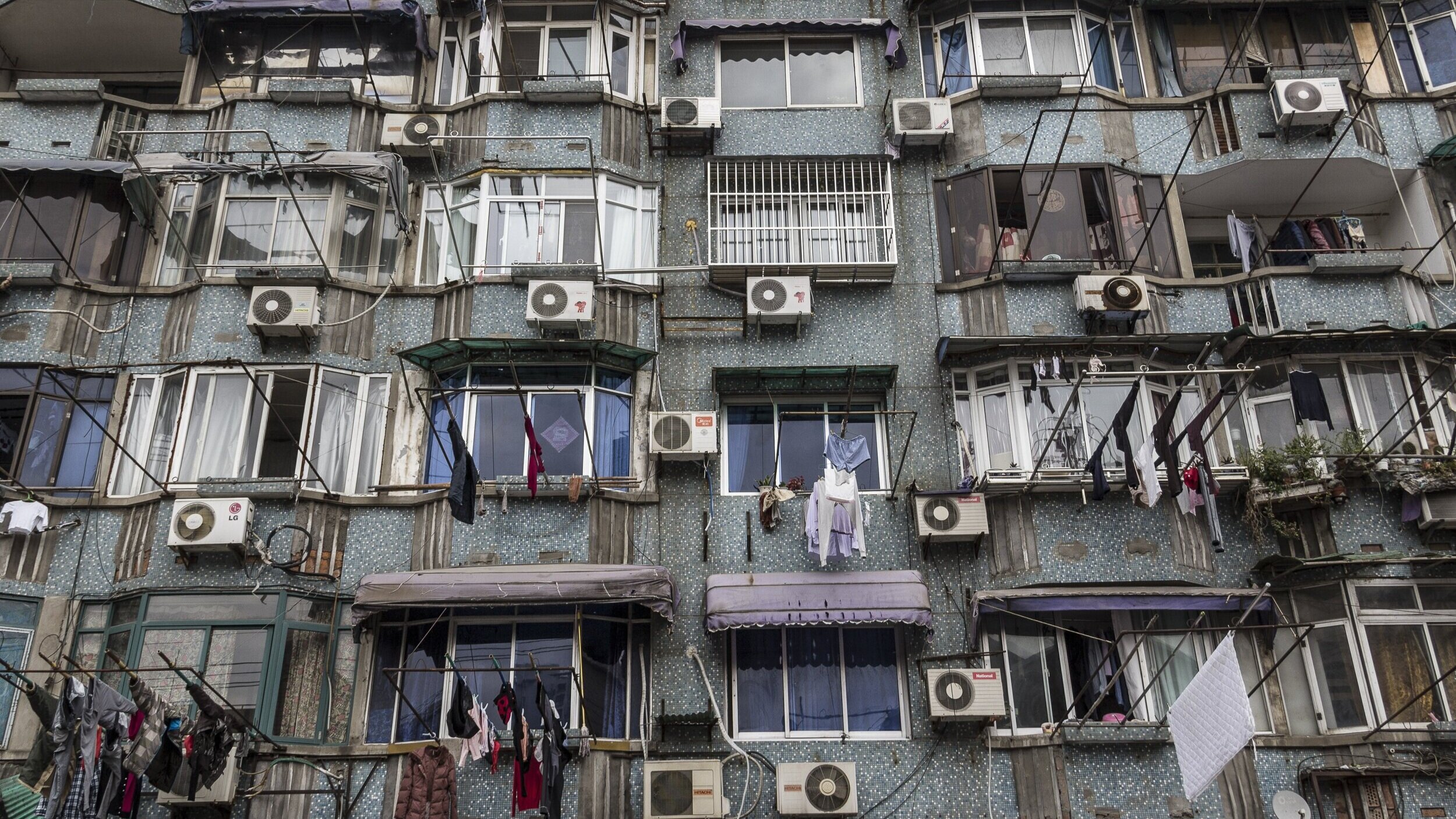Not Welcomed
Safety for refugees in China is to minimize contact. The majority do not have family in China. Neighbors can’t be trusted. The police are a threat to their livelihood. As a result, North Koreans in China stay confined to their homes.
North Koreans living in China not only bear the stigma of living as a refugee, they live in a country that is foreign and hostile to them. There is no protection by the Chinese government for refugees, even for those who fled an oppressive country like North Korea. Rather, the government encourages the reporting, arresting and repatriating of refugees back to Kim Jong Un’s regime. North Koreans in China are a stateless people and not welcomed.
Trafficked
Most escapees from North Korea are women who once served as the primary breadwinner of their households. They sought China as an opportunity to earn money to send back to their families to survive or pay for passage out of North Korea. But en route to their own escape, many fall victim to trafficking by opportunistic brokers at the Chinese border. North Korean women are deceived by would-be “good Samaritans” only to be trafficked to Chinese men and families. Many are abused during and after their sale. These women will bear these scars and shame for the rest of their lives. Social confinement is their means of hiding the past.
Impoverished
The other driving force behind their social isolation is poverty. As we covered in the first part of our education series, trafficked North Korean refugees alack access and opportunity in China and most live in poverty. Poverty is generally known to drive down confidence and participation, especially in women and girls. Those struggling with poverty self-isolate as a way to avoid judgement from others.
The confluence of these forces makes isolation the only option for many North Korean refugees.
Restoration
We seek the restoration of refugees and their children in our work.
Bear one another's burdens, and so fulfill the law of Christ. - Galatians 6:2
The apostle Paul encourages those in the church to carry each other's burdens. Life is already taxing for North Korean refugees. Imagine how much greater the burden when they have to shoulder it on their own.
Underground churches and field workers in our China network welcome refugees with refuge and rest. Most have been conned, abused or neglected. Many have lived completely void of social interaction. When introduced and integrated into communities of other North Koreans refugees who speak the same language and have walked a similar road, emotional healing begins in many refugees. Life is meant to be lived together and isolation can be a silent killer.
Self worth
One’s self esteem is sourced both from internal (abilities, performance of good deeds, independence) and external (peer approval, contribution to those around us) factors. Barred from access and opportunity, it is difficult for any person to maintain a sense of self worth. Unable to escape this stigma, many refugees and their children we encounter live each day burdened with guilt, shame and bouts of depression.
We may take for granted opportunities to work or access to education. These are privileges we wish we could provide for all of our refugees and their families. While turning that into a reality in China is generally difficult, we have seen refugees and their children thrive when given access to school and work opportunities.
Who you say I am
Access and community are both crucial to North Koreans living in China. As important as these may be for refugees to fight poverty and isolation, there is greater work to be done in their souls.
”Instead of your shame there shall be a double portion;
instead of dishonor they shall rejoice in their lot;
therefore in their land they shall possess a double portion;
they shall have everlasting joy.
Isaiah 61:7
These are promises God made to the Jews returning out of captivity. These same promises, through grace, extend to all followers of Jesus today. This is the greatest good we can pray for for North Korean refugees and their children. We pray that by calling upon the name of Jesus, He would replace their shame and dishonor with peace and everlasting joy! How great our God is and how true His promises.
Please pray for North Koreans living in China under these conditions. Would you also pray about providing education for our refugees and their children through our upcoming Giving Tuesday campaign?















